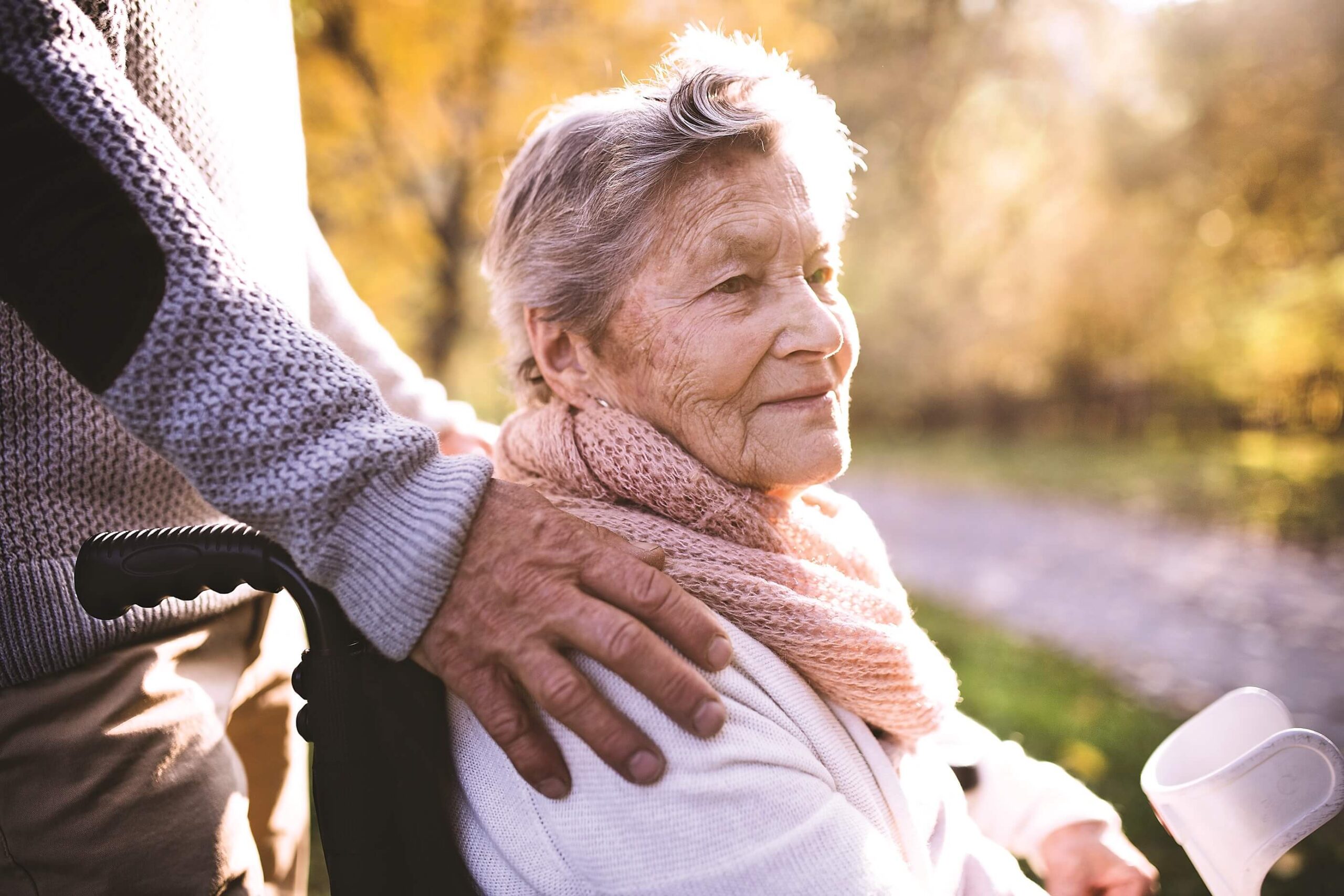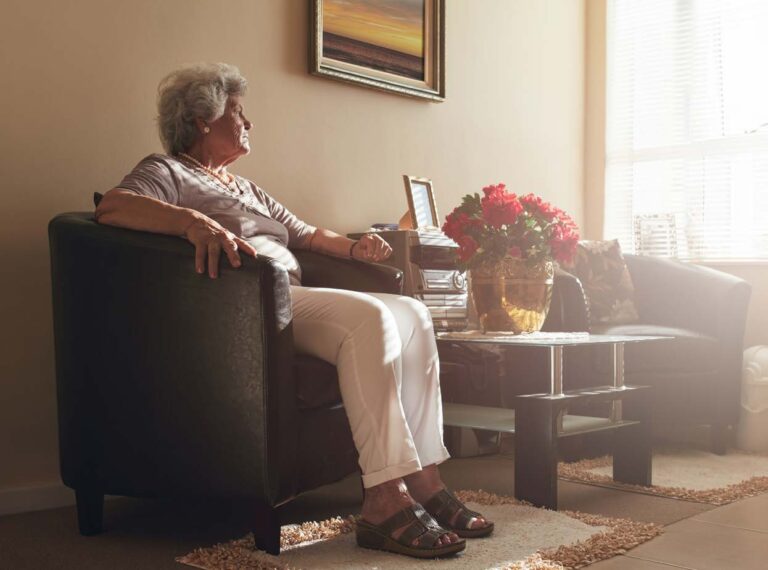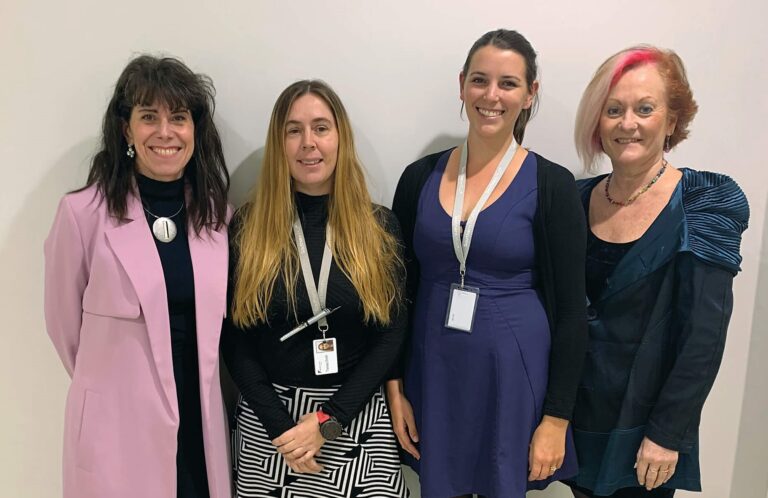What is dementia?
Dementia is the term used to describe the symptoms of a number of illnesses that affect the brain. It is not one specific disease.
Dementia causes a progressive decline in a person’s functioning and affects a person’s thinking, behaviour and the ability to perform everyday tasks.
Who gets dementia?
Dementia can happen to anybody, but it is more common after the age of 65. Younger people can also develop dementia. This is called younger onset dementia.
What causes dementia?
There are over 100 diseases that may cause dementia. The most common causes of dementia include Alzheimer’s disease, vascular dementia and Lewy Body Disease. Most cases of dementia are not inherited. If you are concerned about the risk of inheriting dementia, consult your doctor.
Is it dementia?
There are a number of conditions that produce symptoms similar to dementia. These include some vitamin and hormone deficiencies, depression, medication clashes or overmedication, infections and brain tumours.
It is essential that a medical diagnosis is obtained at an early stage when symptoms first appear, to ensure that a person is diagnosed and treated correctly.
If the symptoms are caused by dementia, an early diagnosis will mean early access to support, information, and medication.
What are the early signs of dementia?
The early signs of dementia are very subtle and may not be immediately obvious. Some common symptoms may include:
- Progressive and frequent memory loss
- Confusion Personality change
- Apathy and withdrawal
- Loss of ability to perform everyday tasks
- Language problems.
It is important to talk to your doctor as soon as possible if you or your family member is experiencing any of these symptoms.
What to do if you or your family member has dementia
If you have been diagnosed with dementia, you should talk to your doctor. Often people find it easier to manage a diagnosis if they can understand the disease and its implications. Find out how best to talk with your doctor to make sure that you obtain the health care, advice and support you want.
Dementia Australia has a range of information and services to support people with all types of dementia and their families throughout the course of the illness. You can contact the National Dementia Helpline on 1800 100 500 for more information.
Support services for people with dementia and their carers
Support is vital for people with dementia. The help of families, friends and carers can make a positive difference in managing the illness.
Southern Cross Care offers a wide range of services to help both the person with dementia and their carers. We offer in-home support or centre-based respite programs to assist people with dementia and their families with additional support to keep their brain active and health resilient while allowing their carer to have a much-needed break.
Our specialist dementia care team is on hand to assess and guide you on behaviours and living environments to improve the function, independence and well-being of a person living with dementia as well as their carer’s. We will put in to place the right strategies and care plan to help understand and manage the complexities of dementia to assist clients to live life to the full.
If you have any questions on dementia or aged care, then call our Advice Line on 1300 000 161.
Sources: Dementia Australia: www.dementia.org.au



